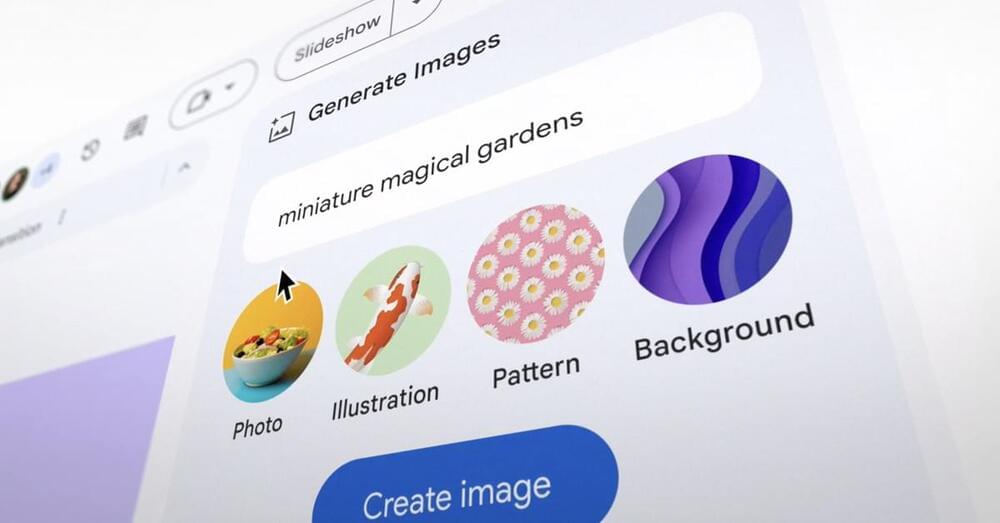The news comes after 13 percent of the company was cut in November. ‘This will be tough and there’s no way around that,’ CEO Mark Zuckerberg told employees.
Meta will lay off an additional 10,000 employees through multiple rounds of cuts over the coming two months, close hiring for 5,000 open roles, and cancel more low-priority projects, CEO Mark Zuckerberg announced on Tuesday. These cuts come just four months after he laid off 11,000 employees, or 13 percent of the company, last November.
Meta plans to cut its workforce by another 10,000 people and withdraw around 5,000 open roles that it had yet to fill, company co-founder and CEO Mark Zuckerberg said Tuesday, confirming recent rumors that another round of layoffs was imminent.
Zuckerberg also said that the company will cancel “lower priority projects,” adding that he “underestimated the indirect costs” associated with these initiatives.
The announcement comes just four months after Meta revealed that it was eliminating about 11,000 roles as the social networking giant pushes ahead with what it’s calling a “year of efficiency.” Combined, this means that Meta has effectively laid off — or plans to lay-off — roughly one-quarter of its workforce since the tail-end of last year.









